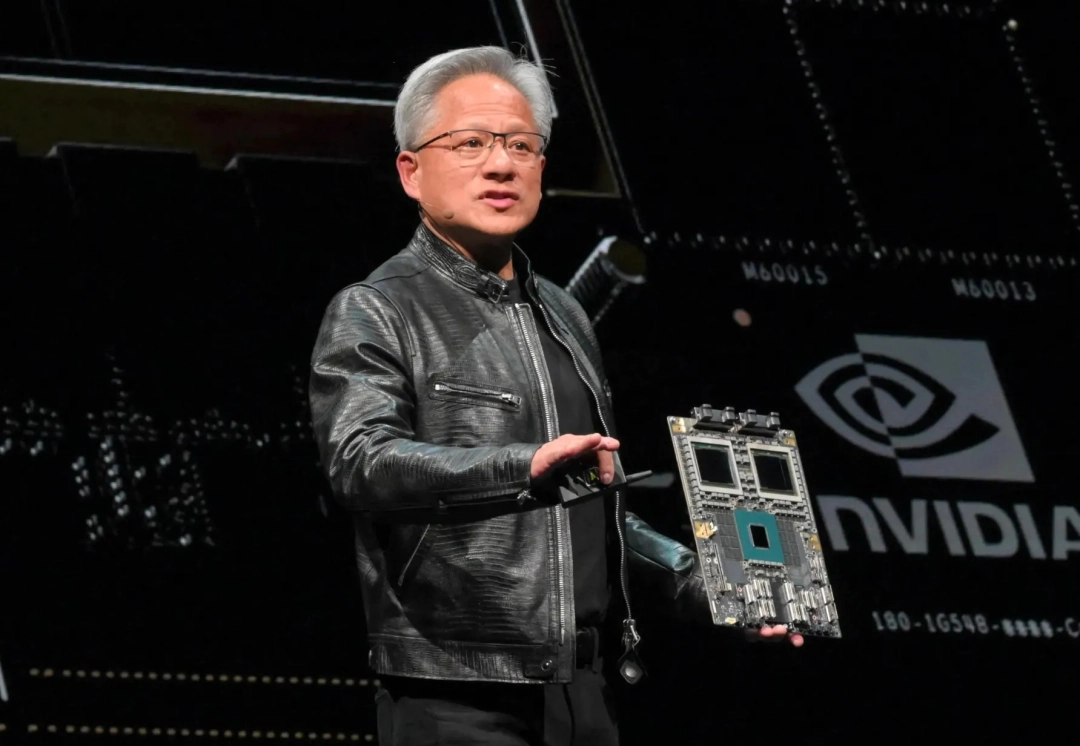NvidiaThe latest GPU series, especially the 50 series, has recently sparked criticism from some fans, mainly due to its limited hardware specifications compared to its predecessor. They believe that the chip giant is pouring too many resources into artificial intelligence (AI).
Although the 50 series has shown significant technological progress in AI capabilities, the hardware iterative upgrade of graphics cards may further slow down in the future, and AI will become the core driving force of Nvidia’s development. The company’s CEO Jensen Huang’s persistent investment in AI even extends to aggressive predictions about the job market – Huang recently emphasized in an interview with CNN that AI will have an impact on “everyone’s work”.

Huang Renxun elaborated on his view, saying that AI employees will show far more efficiency than humans in solving problems – faster and cheaper. There is still room for human work, but most of the jobs will eventually be occupied by AI. Some jobs will disappear and many new ones will be created. My hope is that the productivity gains we see across all industries will benefit society as a whole. ”
It is worth noting that there has been a long-standing fear that human jobs will be replaced by AI.MicrosoftCo-founder Bill Gates also warned that AI could take over “almost every job” in the future.

Nvidia’s unwavering belief in AI is inextricably linked to its phenomenal market success. The company’s market capitalization recently exceeded $4 trillion, topping the throne of the world’s most valuable company. This valuation itself is widely seen as a strong endorsement of the proposition that “AI is the future”.
As one of the biggest beneficiaries of the AI wave, Nvidia continues to invest heavily in this field. Huang firmly believes in the potential of AI to revolutionize the labor market, which is at the heart of the company’s strategy. Currently, global companies, including tech giants, are investing tens of billions of dollars in competing for AI leadership, and Microsoft’s recent large-scale layoffs (thousands of people) have also been partly interpreted as a strategic adjustment to focus more resources on AI research and development.
What do you think about this, do you think AI will replace human jobs? Welcome to the comment area to discuss.
